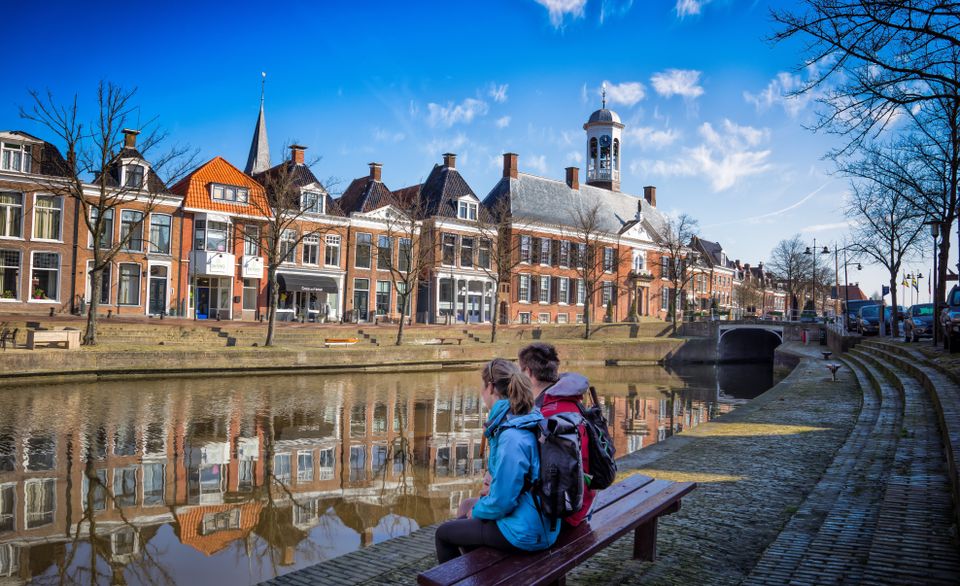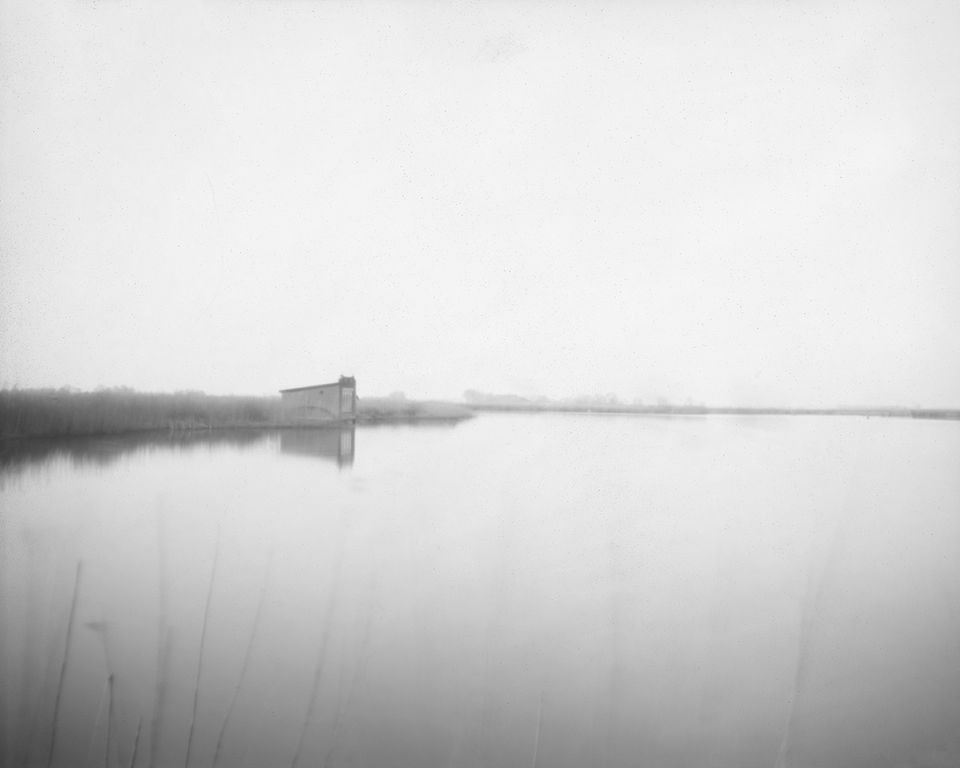Location
321 to 352 of 950 results
-
Oudemirdum - De Betonpleats - Seedykkiekje uitkijkplatform
Oudemirdum - De Betonpleats - Seedykkiekje uitkijkplatform Oudemirdum
Oudemirdum -
Restaurant It Posthûs
Restaurant It Posthûs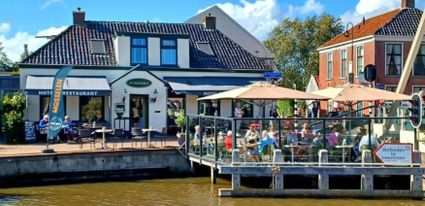 Burdaard
Burdaard -
Brêgeham
Brêgeham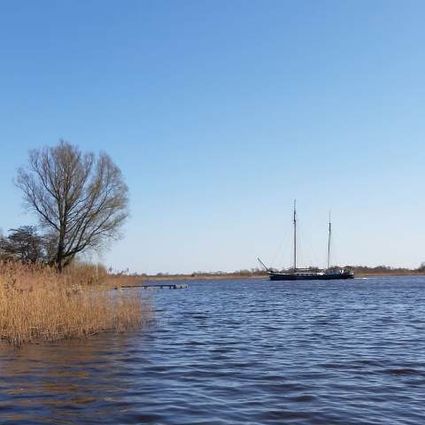 Oudega
Oudega -
TOP Harkema
TOP Harkema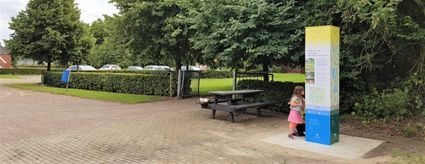 Harkema
Harkema -
Achterweg
Achterweg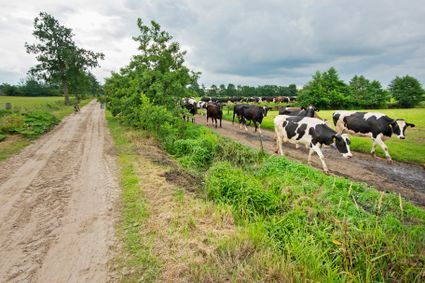 Jistrum
Jistrum -
Sportvisserij Tender
Sportvisserij Tender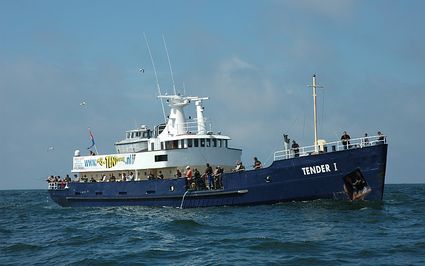 Lauwersoog
Lauwersoog -
Watersportvereniging "De Westerein e.o."
Watersportvereniging "De Westerein e.o."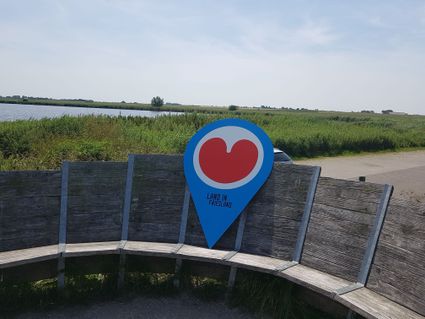 De Westereen
De Westereen -
Kunstwerk Aldtsjerk | Baukje Venema
Kunstwerk Aldtsjerk | Baukje Venema
Een foto van Baukje Venema. Deze foto laat de ijsbaan van Aldtsjerk zien en is uit een reeks van kunstwerken die bij de ijsbanen van de Iisbaankeunstrûte horen.
 Aldtsjerk
Aldtsjerk -
Natuurkampeerterrein de Reidplûm
Natuurkampeerterrein de Reidplûm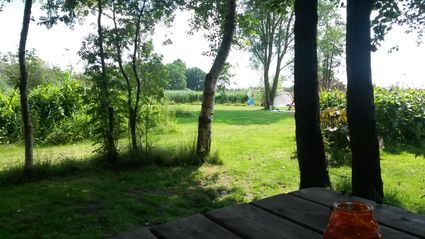 Eernewoude
Eernewoude -
Aanlegsteiger LM72A
Aanlegsteiger LM72A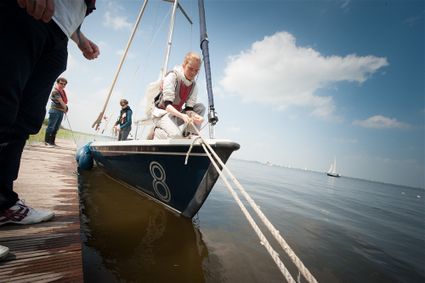 Ritsemasyl
Ritsemasyl -
Sint-Thomaskerk Waaxens
Sint-Thomaskerk Waaxens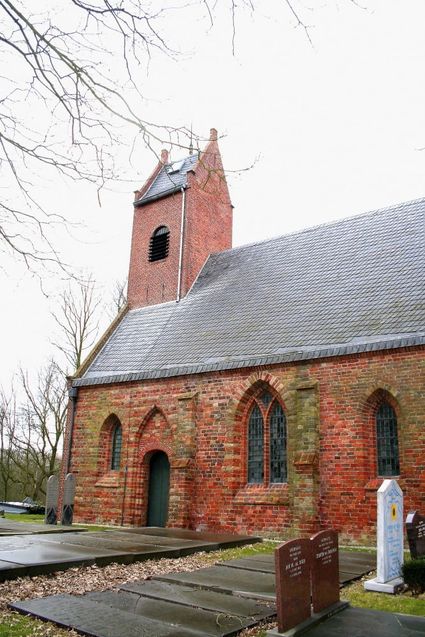 Waaxens
Waaxens -
Yms Wolatelier
Yms Wolatelier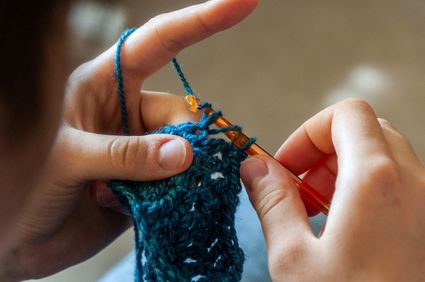 Zwaagwesteinde
Zwaagwesteinde -
Berltsum - vogelkijkscherm
Berltsum - vogelkijkscherm Sint Jacobiparochie
Sint Jacobiparochie -
DOBBEPAARDEN PHOTO ARTWORK
DOBBEPAARDEN PHOTO ARTWORK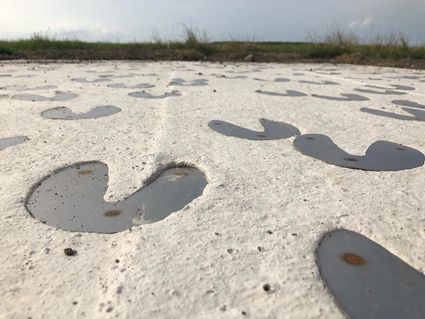 Marrum
Marrum -
Rondvaartbedrijf Lauwersmeer
Rondvaartbedrijf Lauwersmeer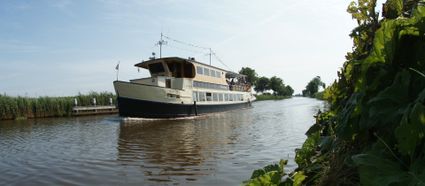 Anjum
Anjum -
Kornwerderzand - Afsluitdijk - Vogelkijkpunt
Kornwerderzand - Afsluitdijk - Vogelkijkpunt Kornwerderzand
Kornwerderzand -
Glasatelier Johannes Boersma
Glasatelier Johannes Boersma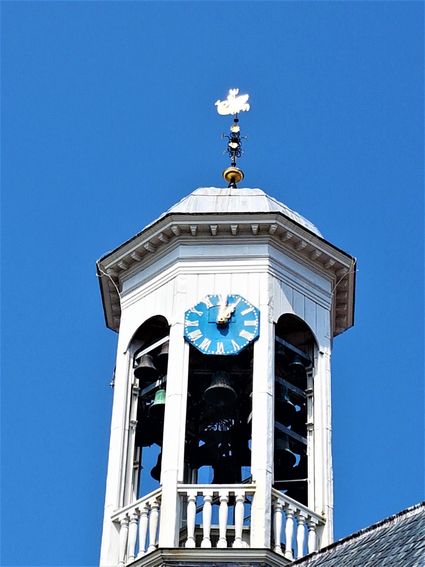 Dokkum
Dokkum -
Stadslogement Kleindiep Dokkum
Stadslogement Kleindiep Dokkum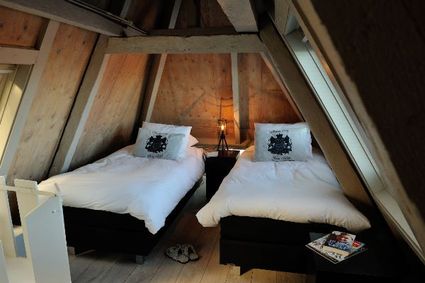 Dokkum
Dokkum -
B&B en Theeschenkerij 't Landschap
B&B en Theeschenkerij 't Landschap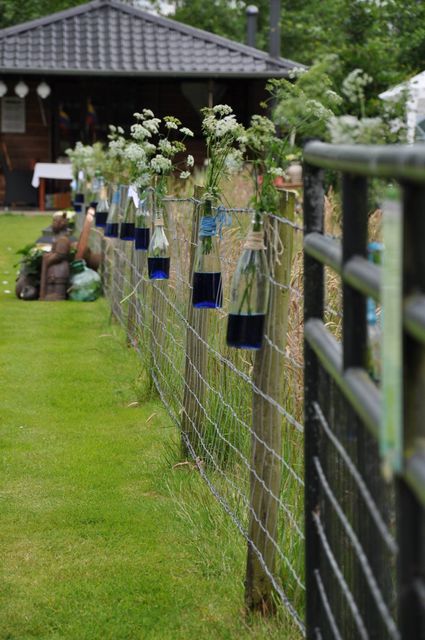 Boelenslaan
Boelenslaan -
Wierdedorp Niehove
Wierdedorp Niehove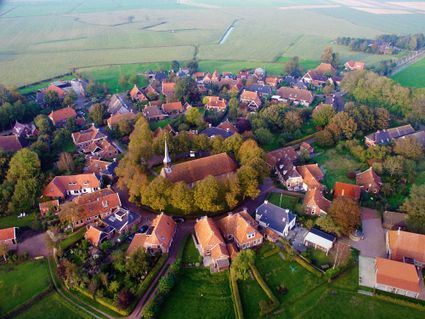 Niehove
Niehove -
Biologisch akkerbouwbedrijf Timpelsteed
Biologisch akkerbouwbedrijf Timpelsteed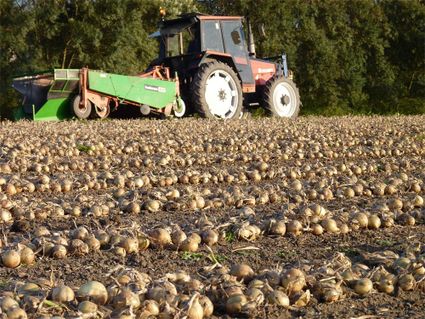 Engwierum
Engwierum -
Gytsjerk
Gytsjerk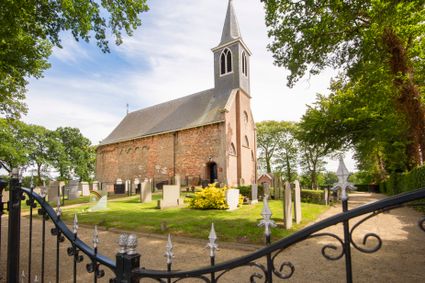 Gytsjerk
Gytsjerk -
St Vitus church Wetsens
St Vitus church Wetsens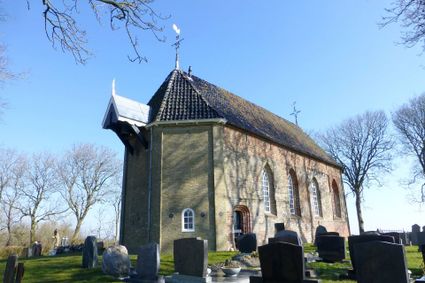 WETSENS
WETSENS -
Burgum Bergummerdaam | Laadpalen aan het water
Burgum Bergummerdaam | Laadpalen aan het water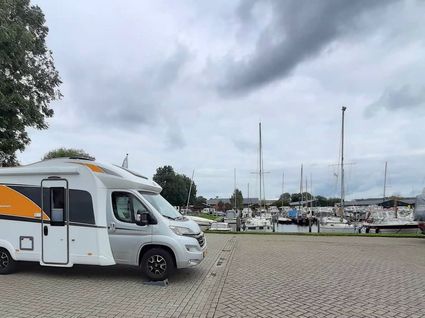 Burgum
Burgum -
Toeristisch Informatiepunt Dokkum
Toeristisch Informatiepunt Dokkum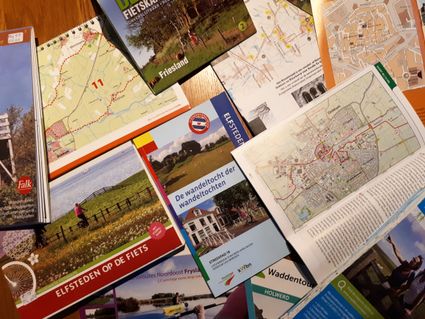 Dokkum
Dokkum -
Ooievaarsdorp
Ooievaarsdorp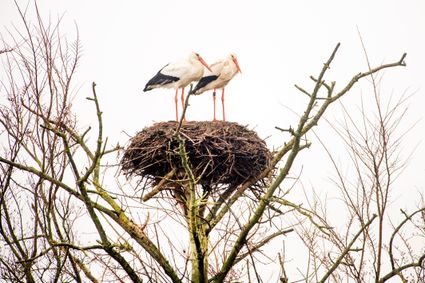 Earnewâld
Earnewâld -
The bombing of Terherne lock
The bombing of Terherne lock
On 11 November 1944, pilots of the Royal Canadian Air Force, based at Welschap airfield near Eindhoven, were ordered to bomb the lock at Terherne in two groups. The reason for the bombardment of Terherne lock was to restrict (German) transport movements. The lock complex was situated on the main shipping route from Germany via Groningen to the Randstad, along which the Germans transported goods and military equipment.
After the railway strike in September had already disrupted rail transport considerably, actions against shipping traffic followed in the months thereafter. The southern part of the country may have been liberated, but fierce battles were still to be fought in the other parts.
Such was the case on that 11th November just after nine o'clock in the morning when the two groups of Hawker Typhoon fighter-bombers took off shortly after each other from Eindhoven for their mission. Around 10:00, the lock at Terherne was bombed from the north for the first time and then again around 10:30.
The consequences were huge for the people living on the lock. The wives of both lock keepers, a one-year-old baby and a German soldier were killed. Also, pilot John Gordon Fraser's aircraft was damaged to such extent that he had to make an emergency landing at St. Johannesga. Although the bombing resulted in the northern passageway being deactivated and no longer usable, the southern passageway remained open and could still be used.
Today, a boathouse for the State yacht of the province of Friesland has been built over the southern passage. A new building, that serves as a guest house for the province, was put up on the site of the lock keeper's house on the south side.
A monument has been erected on the northern pier in memory of those who perished at the lock. This monument was unveiled on 10 November 1985 by Hattum Hoekstra, son of 1st lock keeper Wiemer and Tietje Hoekstra. Since then, the commemoration of the dead in Terherne has always taken place at the old lock, and the children of primary school 'It Kampke' have adopted the monument.
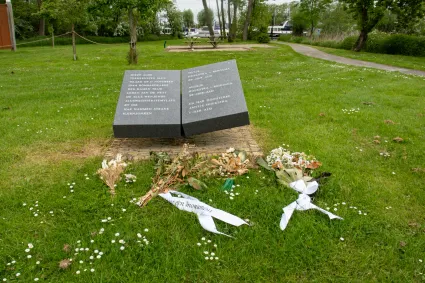 Terherne
Terherne -
Cornwerd - Kijkpunt Cornwerd
Cornwerd - Kijkpunt Cornwerd Cornwerd
Cornwerd -
Dijktempel (dike temple) at Marrum
Dijktempel (dike temple) at Marrum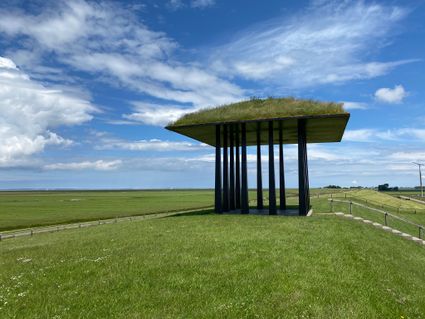 Marrum
Marrum -
Veenkloosterbos Forest on Fogelsangh State Country Estate
Veenkloosterbos Forest on Fogelsangh State Country Estate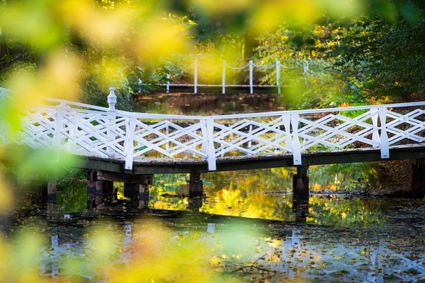 Veenklooster
Veenklooster -
Poppestien
Poppestien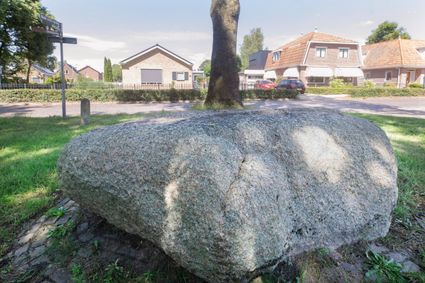 Burgum
Burgum -
camping Simmerwille
camping Simmerwille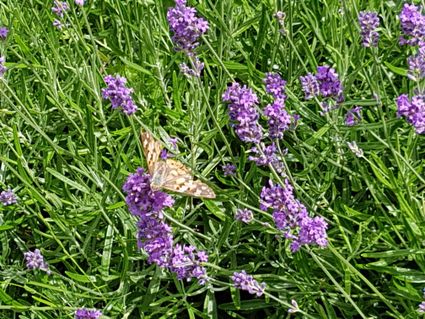 Kollumerzwaag
Kollumerzwaag
